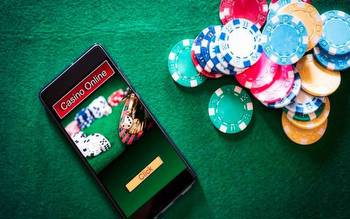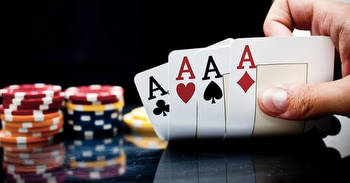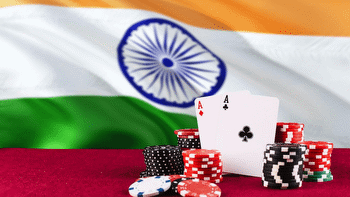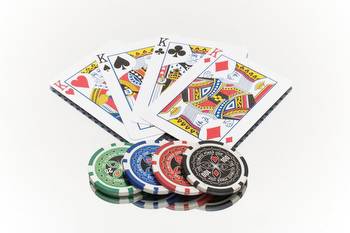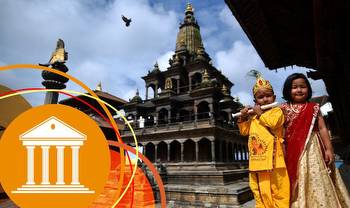The History of Gambling and Online Casinos in India
The chance of winning is very random since it all depends on a tossed dice or ball, or a combination of strategy and chance.
Gambling is known as a past-time that gives pleasure to the players. You will be fully conscious that you will need to bet something valuable with a huge risk of losing it all. The chance of winning is very random since it all depends on a tossed dice or ball, or a combination of strategy and chance. The probability of winning or losing has the same probability during any casino game you play.
Gambling is one of the oldest activities that has been seen in writings on tombs. The outcome used to be predicted by marking sticks and objects. All of which was determined by fate and destiny. Even the Bible has some aspects that indicate gambling, such as the casting by Roman guards for the garment of Jesus during his crucifixion. During the 15th century, gambling was permittable by the Government, authorities and larger organisations due to the money raised from gambling and lotteries. In the 17th century, the legal gambling houses were set up when the mathematicians started to take it seriously due to the calculations. During the 1980s and the 1990s, there was a rise of pathological gambling. Here, individuals couldn’t control their gambling habits. This was recognized as a cognitive disorder which affected more than 1% of the population that had to be treated with therapy programs for their addictive habits.
In India, the game has been prevalent for a long time. The first description in India became famous during the mythological Ramayana which goes back to the 7300 BC. The attitude and acceptance of gambling in Ramayana has had a positive impact and is not considered as forbidden or as a taboo. On the other hand, in Mahabharat which started during 3200BC, the negative attitude towards gambling could be noticed. In 300 BC, the nuts of the Bibhitaki tress were used as dice. Then, astragali were used of dice instead. Indians became fond of playing on animals. First, they started with ram fights, cockfights and then it all shifted to progressive horse racing. Indians are known to gamble and spend their money without thinking. Indians are known for being given credit for the development of games. You might notice that the playing cards that have been developed by Europeans also contain Indian symbols.
The Public Gambling Act of 1867 looks after the general law of gambling in India. This law was accepted by some of the states, whereas the other states followed their own rules and regulations. These are also known as the “Gambling Legislations” and were formed before Indian online casinos activity began. This industry generates a lot of revenue even though the court of the country is not in favour of such games of probability. Gambling has been made legal in the states of Goa, Sikkim, Union Territory, Daman and Diu. List II of the Schedule Seven of the Indian Constitution states that all the states are independent to take their decisions or form their own regulations when it comes to gambling and betting.
India divides the gambling games in two categories, the Games of Chance and the Games of Skill. The random games are known as game of chance. You cannot have any prior knowledge or skill for these games. Such games include dice games and picking of numbers. These games re not legal in the country. On the other hand, when it comes to game of skills, you need to have prior knowledge and skills. Logical thinking, decision-making and analytics are required for such games to be played. These games are considered to be legal.
The future of casinos in India is unknown. Online gambling has now become a trend and we hope that there will be no negative impact on people’s lives. Proper education and skill shall be taught to those that want to make wise decisions while playing in a safe and secure manner.















